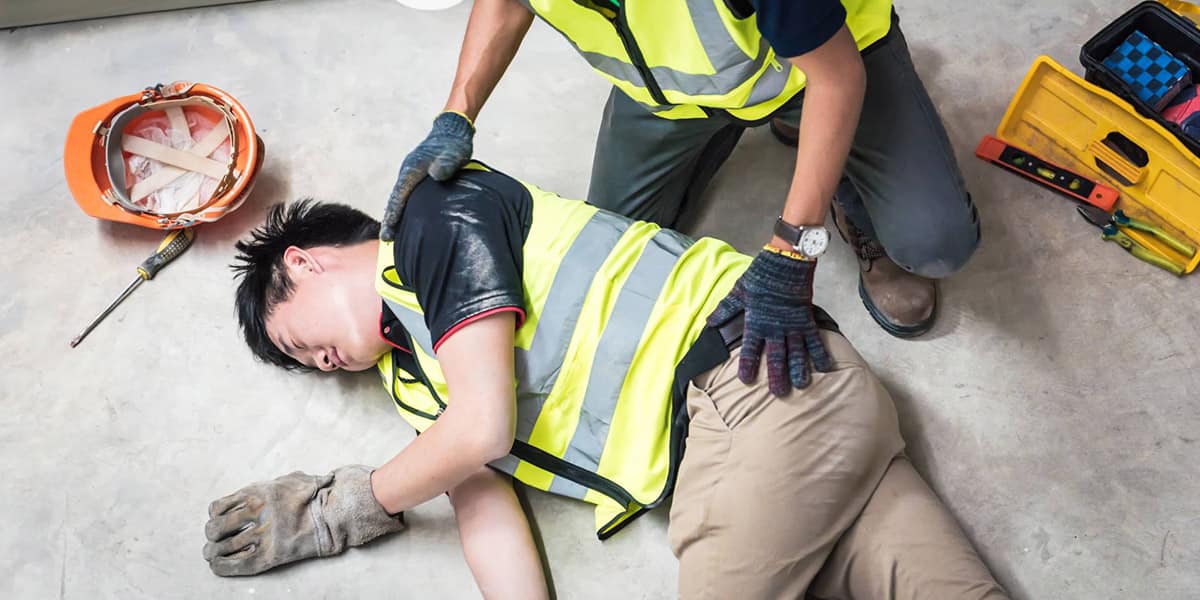In 2018, more than 77,000 job-related injuries and illnesses – and 186 fatalities – were reported in the State of Georgia. If you’re the victim of a workplace accident, or if you become ill due to your working conditions, speak at once with an Atlanta personal injury attorney.
In industries such as agriculture and construction, workers must have the right equipment in the right working order and the training to use that equipment correctly and effectively. Heavy machinery can cause catastrophic injuries when workers aren’t trained to use it properly.
If you suffer a job-related injury in Georgia, can you be compensated for your medical expenses and lost wages? If you’ll keep reading, you’ll learn more about your employment rights, but if you’re the person who has been injured, you’ll need to seek personalized legal advice.
What is Your Recourse If You Are Injured on the Job?
The most common work-related accidents are transportation accidents, slip-and-fall or trip-and-fall accidents, accidents caused by contact with heavy machinery and equipment, and accidents caused by workplace violence.

Most job-related injuries are covered by workers’ compensation. Workers’ comp does not require injured workers to prove that a job-related injury was caused by an employer’s negligence.
Usually, to qualify for workers’ comp benefits, injured workers have only to show that accidents and injuries happened in the “course and scope” of their job duties, but in some cases, injured workers may pursue personal injury claims apart from the worker’s compensation system.
When May An Injured Employee Pursue a Personal Injury Claim?
If you are injured at work, you may pursue a personal injury claim with the help of a Georgia personal injury lawyer if:
1. your employer doesn’t carry workers’ compensation insurance
2. some third party – a client, customer, contractor, negligent driver, or property owner – was responsible for your injury
3. defective safety equipment, tools, machinery, or a toxic chemical caused your injury
4. an employer’s hostile, criminal, or reckless behavior caused your injury
Who is Responsible for Workplace Safety?
Employers know that workplaces must be maintained for safety. They are obligated to check for leaks, clutter, spills, and other potential hazards and to eliminate such hazards as quickly as possible, or to provide signs and warnings until such hazards are repaired or removed.
If you are an employer, you should have zero tolerance for any condition that could cause slipping, tripping, falling, fires, or exposure to toxic substances.

Both the federal Occupational Safety and Health Administration (OSHA) and the Georgia Department of Public Health proactively enforce safety standards in the workplace, but people make mistakes, so there is no way that all work-related accidents can be entirely prevented.
However, employees should keep their own work areas free of hazards, and they should report potentially hazardous conditions and situations immediately. Both employers and employees should heed these safety tips for operating or working in the vicinity of heavy equipment:
Tip #1: Use Proper Safety Equipment
If you operate or work near heavy machinery that requires any kind of safety equipment, use that equipment. No exceptions. Safety equipment is usually there because, without it, people have been injured.
If you’re a supervisor, foreman, or employer, you should be using safety equipment consistently to set a good example.
Tip #2: Use Machine Guards
Moving machinery parts cause thousands of serious workplace injuries – crushed hands and fingers, burns, blindness, and amputations, just to name a few.
Machine guards are devices or shields that cover a machine’s hazardous areas to protect the machine’s operators and others who are nearby from flying parts and chips, rotating machine parts, and overwhelming noise.
If machine maintenance requires someone to place a finger, arm, or another body part into the machine, shut down the machine fully and completely – and do that first. Any part, process, or function of a machine that can cause injuries must be guarded against.
Tip #3: Don’t Interfere With Machinery That is in Operation or in Motion
Never interfere with heavy equipment or machinery while it’s in operation or with anyone who is operating it. Operating heavy machinery requires focus and concentration, so if the operator becomes distracted, the machinery can become dangerous.

Simply touching some pieces of heavy equipment while it’s in operation could cause a serious injury such as an injury that requires amputation, or in some cases, a fatality.
Tip #4: Only Trained Operators Should Operate Heavy Equipment
Operating heavy equipment requires training. Training should be conducted by a person who has substantial experience operating the equipment. Anyone without training who operates heavy equipment is at risk and also puts anyone who is nearby at risk.
Tip #5: During Loading or Unloading, Stay Clear
Machines, like people, may at times be unpredictable and fail to operate as expected. Whenever a machine is used to load or unload a truck, ship, or railroad car, stay clear of it.
People make mistakes, and they make machines that make mistakes. Any machine or equipment may malfunction suddenly and unexpectedly.
Heavy machinery is what makes interstate highways, skyscrapers, power plants, and dams possible. It helps workers all over the world conduct difficult tasks and makes life better for all of us.
How Can An Injury Lawyer Help?
A Georgia personal injury attorney can offer the sound legal advice and guidance that an injured employee needs if he or she sustains a job-related injury in this state. Workers are entitled by law to a reasonably safe workplace.
Additionally, the law does not allow employers to retaliate against a worker who exercises his or her legal rights – such as raising a safety or health concern, reporting an injury, or pursuing a workers’ compensation or personal injury claim.

If you are injured on the job in Georgia, have an Atlanta workers’ compensation attorney help you fill out and submit your workers’ compensation claim. Your lawyer can make sure that no misunderstandings or mistakes unnecessarily delay your benefit payments.
Your lawyer can also determine if you’re eligible to pursue a third-party personal injury claim. If so, your lawyer will engage in out-of-court negotiations for a reasonable settlement offer.
How Are Personal Injury Cases Resolved?
Private negotiation is the way that most personal injury cases are resolved in Georgia, but if an acceptable settlement offer isn’t made, your attorney can take your claim to court and ask the jurors to order payment of the compensation you are entitled to by law.
If you’ve been injured on the job if your concerns about workplace safety are ignored by your employer, or if you need to learn more about your employment rights, ask an Atlanta workplace accident attorney to provide the advice, information, and/or legal representation you need.
Bryce is considered a highly esteemed trial lawyer and a passionate client advocate amongst his peers in the Atlanta legal community. Never afraid to go the extra mile for his clients, Bryce Angell works tirelessly to ensure that each client’s personal injury case gets the attention that it deserves.



